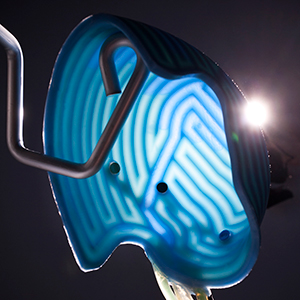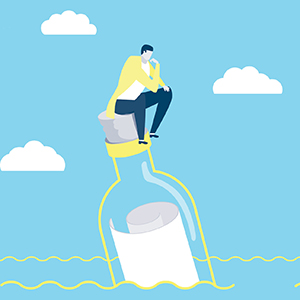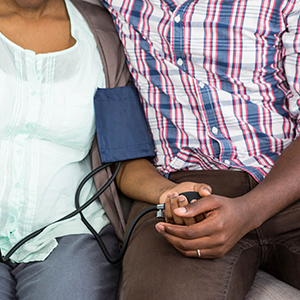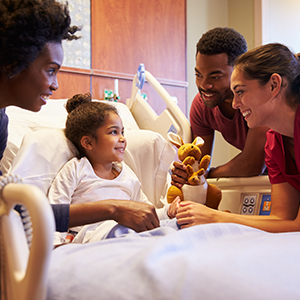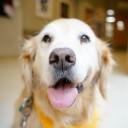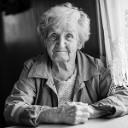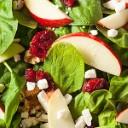Well-being
-
Forward Look
Cooling Cancer’s Side EffectsCooling caps may help some patients avoid hair loss and neuropathy.
by Delia O’Hara
-
Survivors Cast Adrift
Asking oncologists to provide survivorship care plans to help patients navigate future medical needs seemed like a slam dunk. More than a decade after an Institute of Medicine report recommended the plans, many cancer patients still don't have them.
by Sue Rochman
-
Forward Look
Some Young Survivors Have Higher Heart Disease RiskRisk is especially increased in survivors who are African-American, lack health insurance or have public insurance, or live in neighborhoods with low socioeconomic status.
by Dara Chadwick
-
Forward Look
New Program Helps Families Navigate Pediatric CancerPatient navigators break down barriers to care and support services.
by Christina Bennett
-
Canine Comfort
Studies investigate whether visits from therapy dogs can increase the well-being of cancer patients and caregivers.
by Jen Tota McGivney
-
What Older Patients Value
Many older adults with cancer place more importance on maintaining their independence and cognitive abilities than on living as long as possible.
by Cheryl Platzman Weinstock
-
Questioning an Entrenched Practice
To defend against bacterial infections, cancer patients are often put on a neutropenic diet—which bars fresh fruits and vegetables, among other things. Research indicates that following this diet is unnecessary.
by Brad Jones
-
Cancer Patients Who Are Parents
Patients who are diagnosed with advanced cancer while parenting young children have special priorities and needs.
by Cheryl Platzman Weinstock
-
Talking About Medical Marijuana
Medical oncologists discuss marijuana with their patients. Many of these doctors feel they aren't well enough informed to make recommendations about it, but some do anyway.
by Kate Yandell
-
Healing Through Art
The Breast Cancer Art Project encourages breast cancer patients and survivors to produce—and share—art about their cancer experiences.
by Ashley P. Taylor

